As the attack on the World Trade Center in 2001 changed the future of air travel in an instant, so 2020 will be remembered as the year the coronavirus changed the future of global travel. Even as the world slowly recovers from this global pandemic, the future of travel is changing before our eyes. Some global airlines are requiring passengers to wear masks onboard. The borders between nations can be opened and closed at will depending on the health situation. And everyone in the travel industry, from international chains to family-run inns is suffering financially.
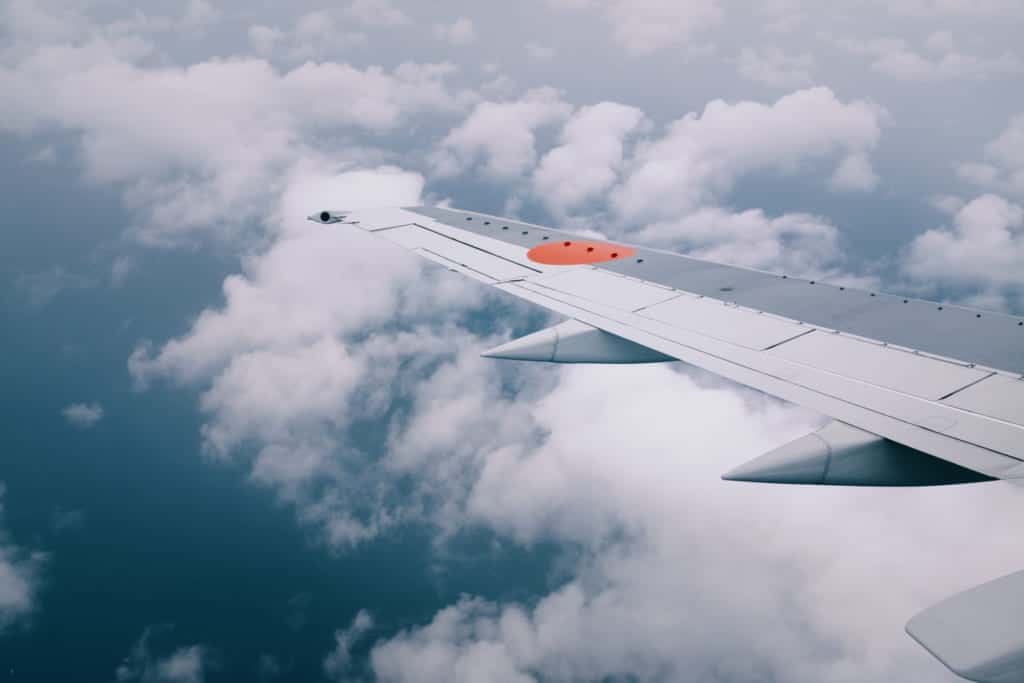
At the same time, we have seen surprisingly positive effects from the world being forced to take a break from normal life. The skies over large cities are clear, the air crisp and breathable. Wildlife has returned to areas once dominated by people. And people are realizing that the ways of the past that have put our global environment under tremendous stress may not be the way forward.
As we all ponder what the future will look like as global travelers, we can now think more seriously about what positive things we can do to travel more responsibly while still sustaining the people who rely on tourism as a means of survival. Here are a few things to consider as you plan your next visit to Japan, or anywhere in the world for that matter.
Take Less Trips, Stay Longer
Commercial airplanes are responsible for a staggering amount of CO2 being released into our atmosphere, a primary contributor to global warming. But until we can be beamed to another destination via Star Trek transporter, air travel is an unavoidable fact of life for most people.
That doesn’t mean we can’t be more responsible about HOW and WHEN we use air travel. If we have a habit of taking 2 or 3 vacations per year using air travel, what if we took one long vacation instead? Such a change could be a small sacrifice in helping with the sustainability of global travel. A long vacation in Japan for example would let you take advantage of a 14 or 21-day Japan Rail Pass using Japan’s famous Shinkansen bullet trains. Shinkansen trains are not only electric, they actually generate their own electricity when braking, similar to many hybrid automobiles. So while you are saving money with the JR Pass, you’ll also be creating a much lower carbon footprint on your vacation.
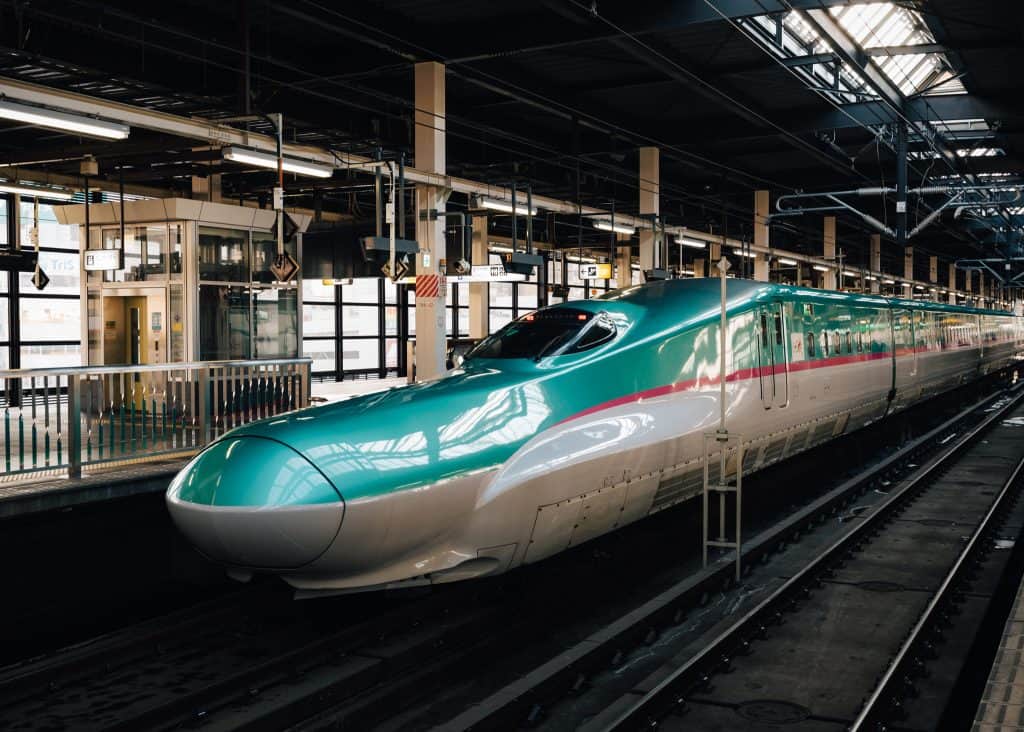
Because most CO2 is produced in the takeoff and landing portions of a flight, the length of the flight has less effect on pollution than the number. This means we shouldn’t feel guilty about traveling to a far off destination like Belize, Fiji or Japan as the environmental impact of the flight is not much different than just hopping over to the next state or EU country.
Consider Slow Travel
Once you arrive at your destination, it’s important to evaluate your itinerary for activities that put less demand on the environment. Activities in nature like hiking, exploring, or just kicking it on a quiet beach are low-impact activities you can participate in on holiday. For those who want to do even more, how about long cycling trips between cities, where the journey is part of the destination?
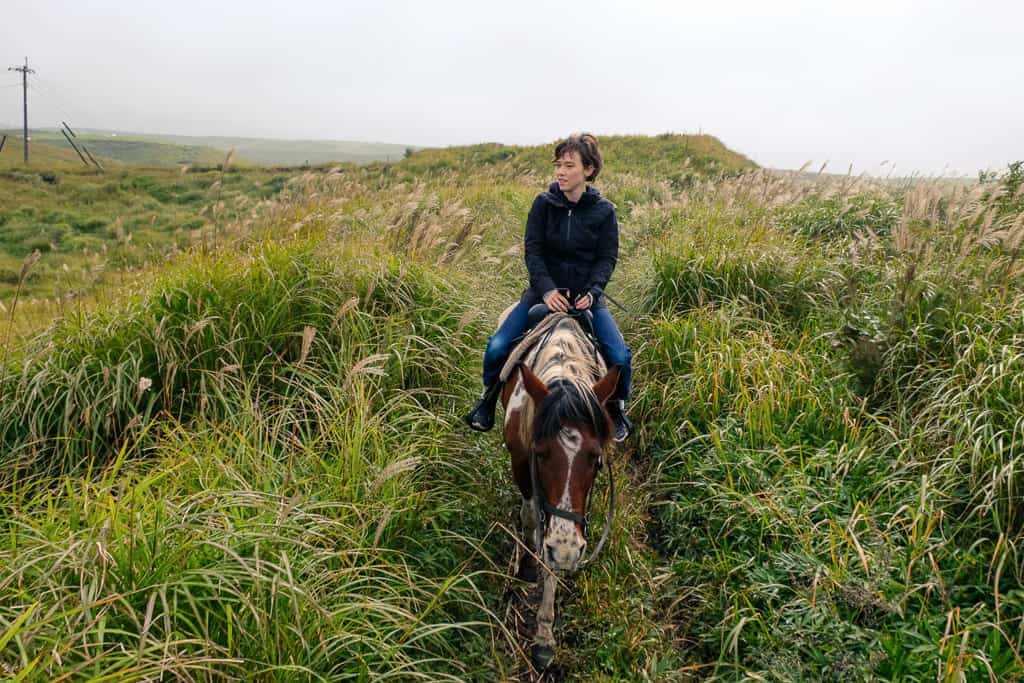
Japan is a wonderful destination for those who enjoy slow travel experiences. You can hike a part of an ancient road traveled by samurai and merchants centuries ago. You can explore impossibly beautiful shrines established even before Japan had a written history. You can spend an entire day doing nothing on a pristine blue flag beach near Kyoto.
And if you love to cycle, the possibilities in Japan are too numerous to count. Large cities have easy-to-use day rentals while countryside tourism centers offer both bikes and guided tours. There are long and strenuous rides along gorgeous coastlines and exciting downhill rides from volcanic peaks.
Imagine not only being able to use your vacation to recharge and refresh your own body, mind, and soul, but also give the environment a rest at the same time. On a large scale, this small action could be a great leap forward in the sustainability of our environment.
Support the Little People
While there are some who claim people should give up international travel completely for the sake of the environment, the truth is a little more complex than that. Entire economies have been built around the tourism industry and the coronavirus pandemic has shown us just how vulnerable those economies can be when tourism is made impossible. Moreover, international travel allows people from one culture to have personal interactions with people from another, important opportunities in a world that feels more and more divided.
None are as vulnerable as the small businesses owned and operated by families or individuals. So when you are able to travel to Japan, we encourage you to support these small businesses with your pocketbooks, by using their services and buying their goods.
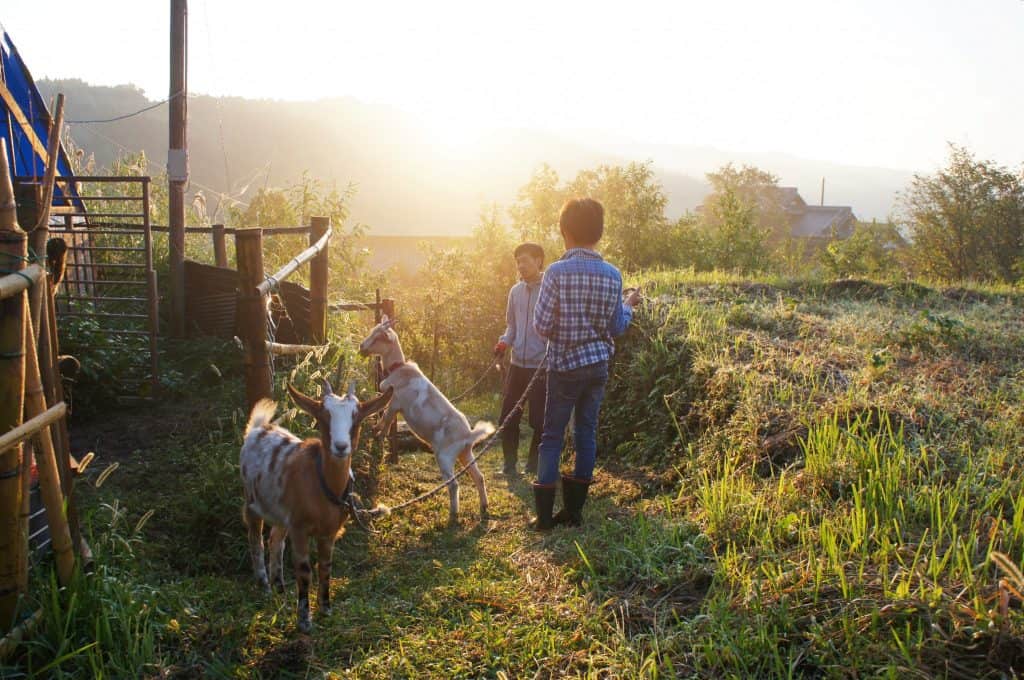
Japan feels particularly vulnerable to disruptions in the tourism industry. Thousands of local craftspeople who are responsible for carrying on traditions that are centuries old are barely making it due to Japan’s shrinking and aging population. The greatest fear among these tradespeople is that the crafts they represent will become extinct with nobody to support them. We at Voyapon feel particularly passionate about sustaining these traditional Japanese arts and crafts and we often promote them to the non-Japanese speaking world.
There are other businesses that are vulnerable too. Farm stays and minshuku are accommodation experiences in the homes of real Japanese people. They offer the experience of being part of a Japanese family and the hospitality that entails. We have covered farm stay experiences from all over Japan, Niigata to Oita, and in between; you haven’t experienced Japan until you’ve stayed at one.
Don’t Follow The Crowd
One of the greatest strains of tourism on the environment and the host country is over-tourism. When crowds of tourists descend on a location for a perfect Instagram selfie, the results can be devastating, both on the environment and local economy. People can be forced out of their homes and businesses to make room for hotels and upscale shops. Cities can become overcrowded, causing pollution and taxing the local infrastructure. And frankly in a situation like that, you probably won’t do much relaxing on your hard-earned vacation.
Our advice: don’t follow the crowd. There are countless destinations that don’t appear on the first pages of Google searches waiting for you to discover. Dig deeper and be rewarded. At Voyapon, our core value is to bring you destinations and experiences that are off-the-beaten-path. It may sound a little self-serving but spend some time exploring our website and see if you can find a little place in the Japanese countryside that speaks to your soul. You’ll be glad you took the time to do it.
Where Will You Go From Here?
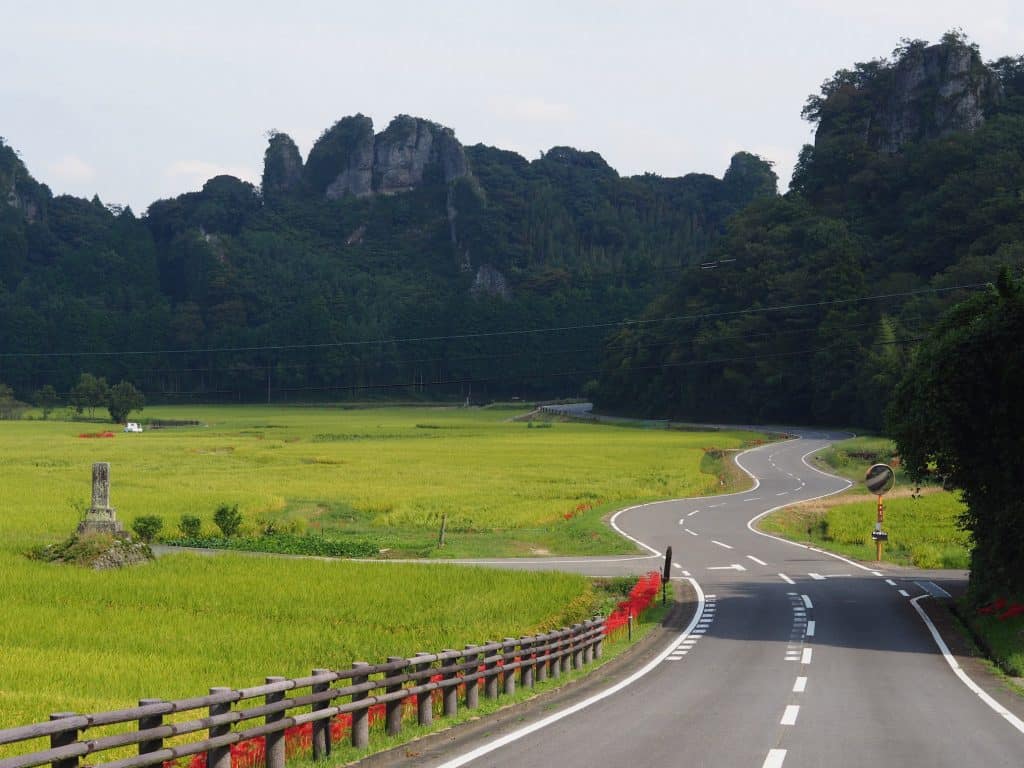
The world has never had a greater opportunity for large scale change in more responsible travel. It would be a shame to let it go to waste. How will you respond, now that you know the future of travel will be changed forever? And where will you go on your next adventure?
We don’t pretend to have all the answers, but we do know this. Japan was, is, and always will be an incredible destination for those seeking adventure, unique experiences, and unparalleled hospitality. We are committed to bringing as much of Japan to you as possible, but it will be up to you to get yourself here to experience it.
Written by Todd Fong, on behalf of Voyapon’s editorial team.
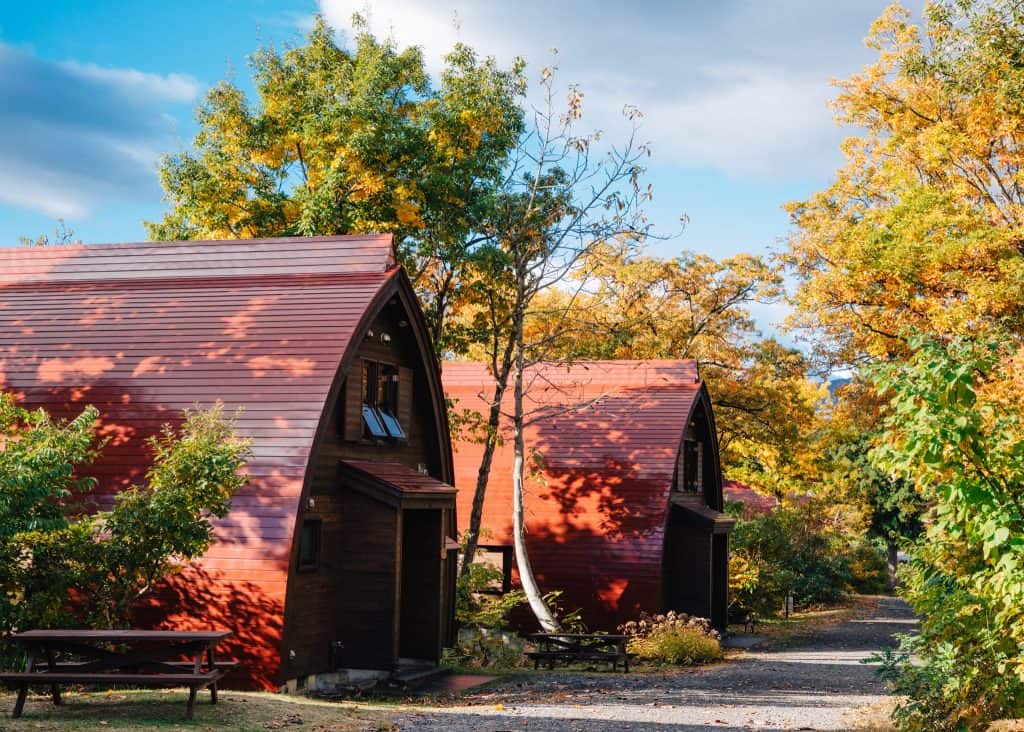
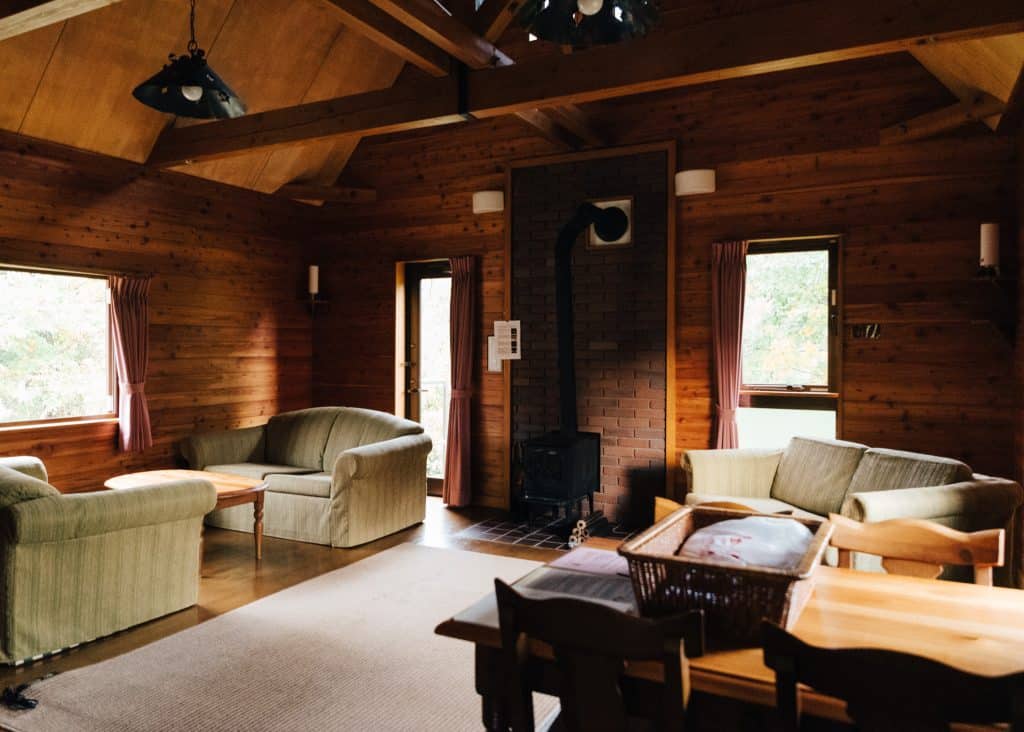
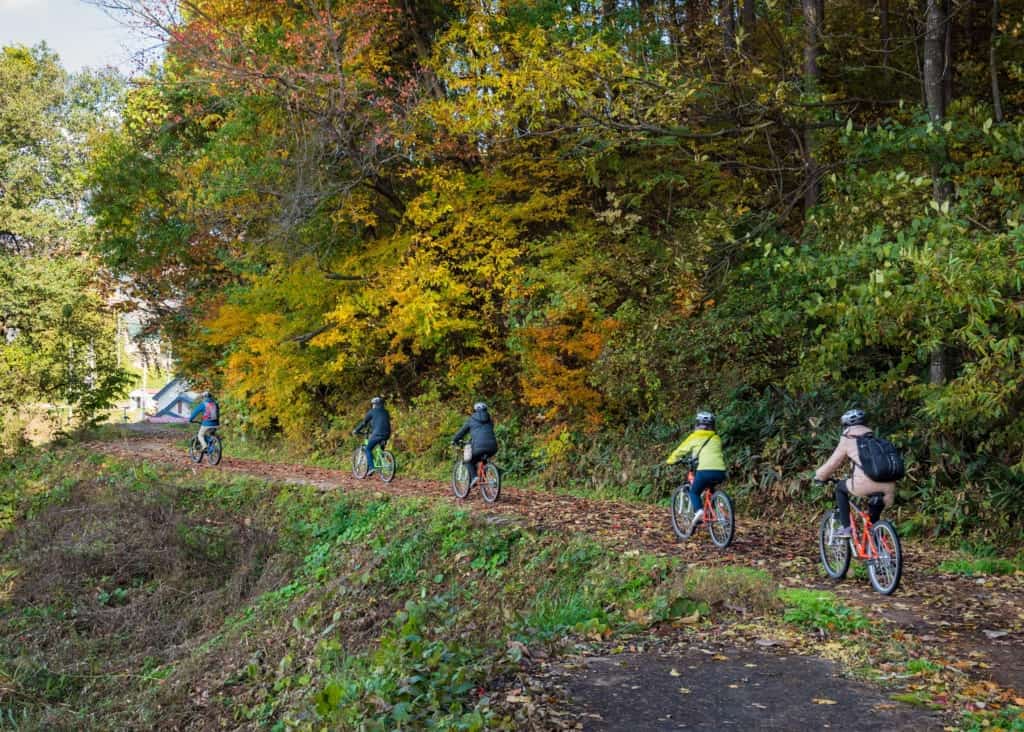
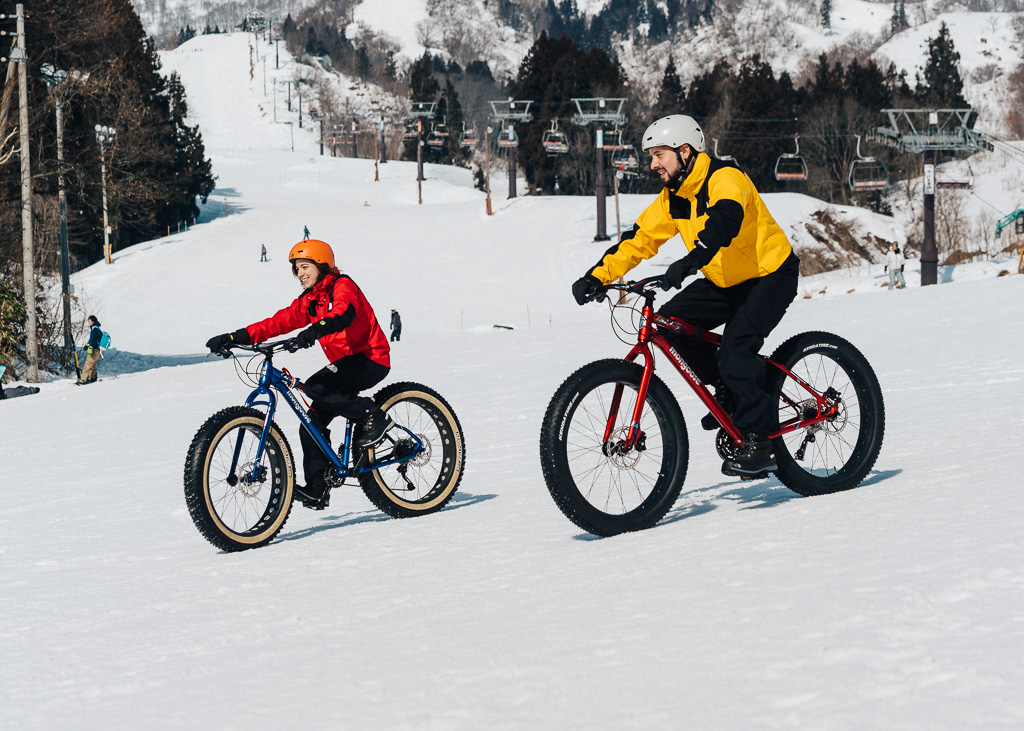
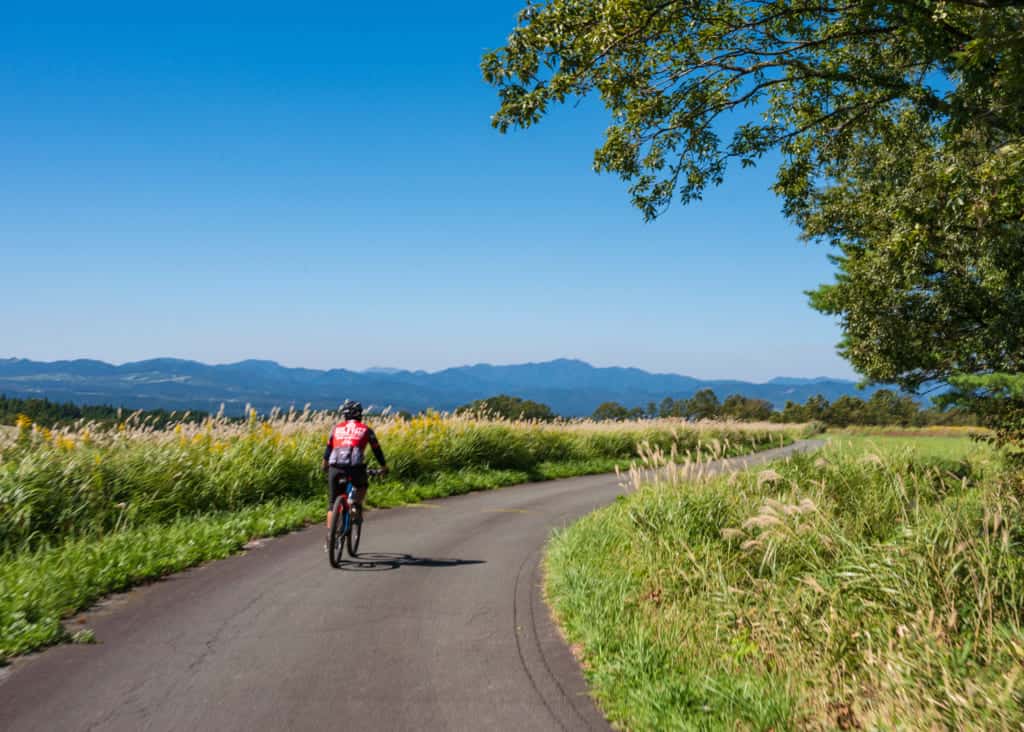
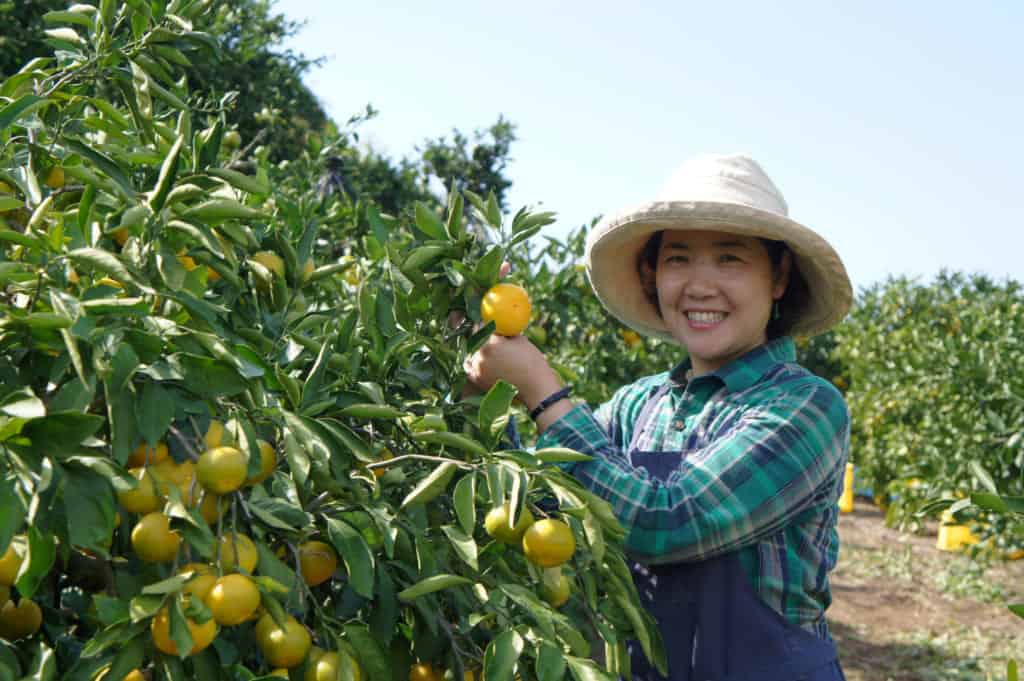
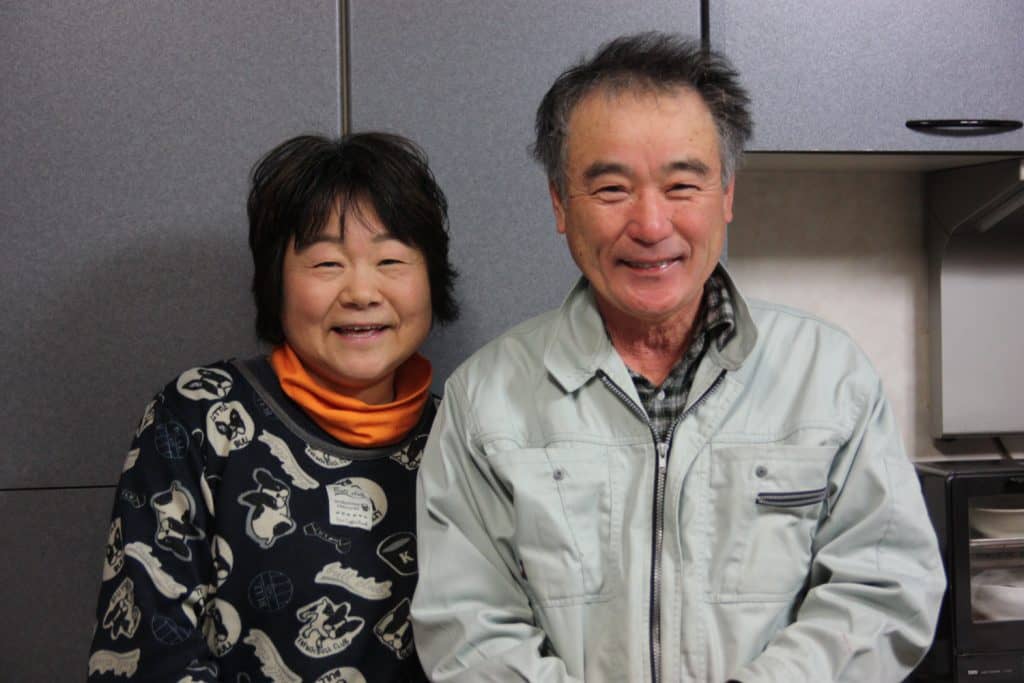
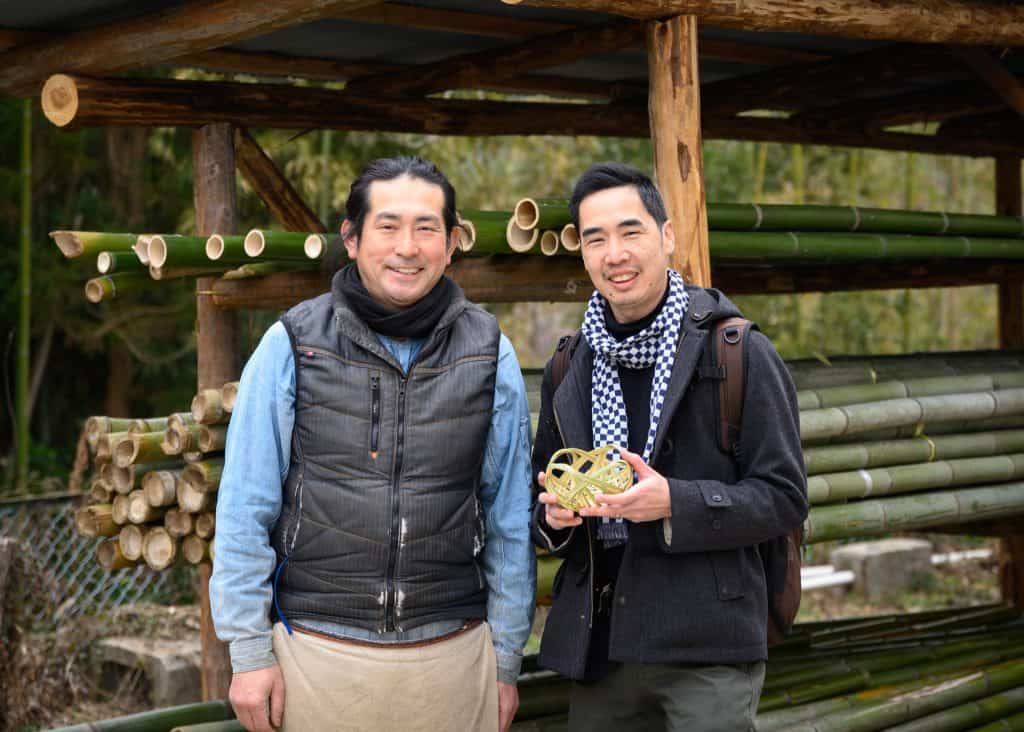

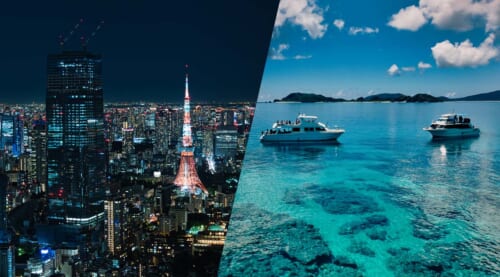
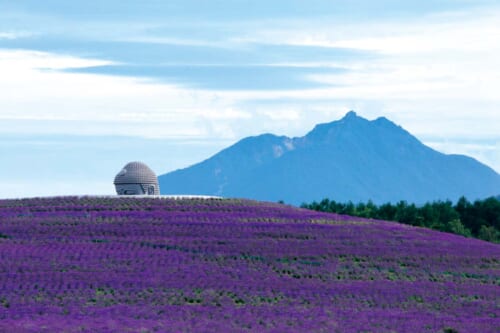
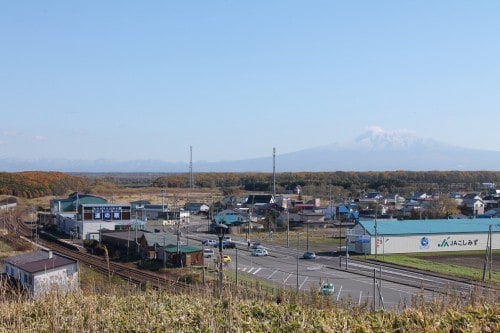
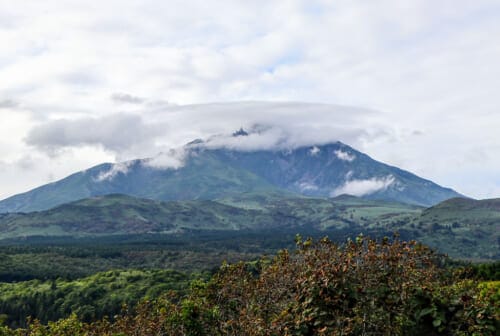

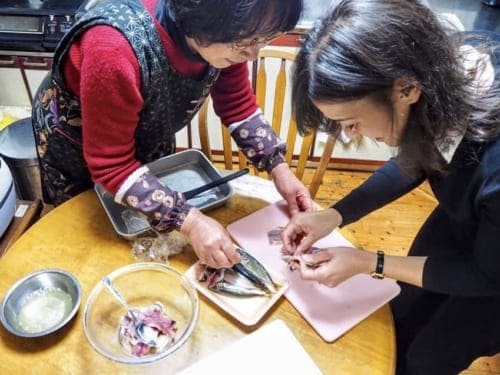
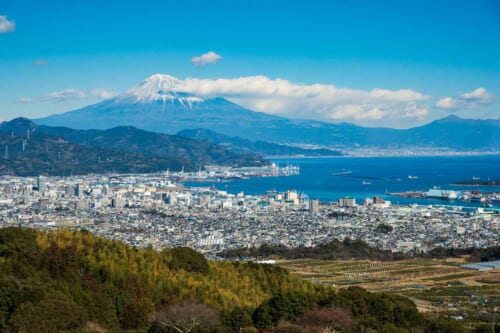
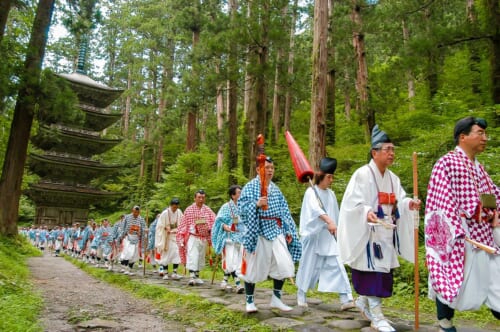
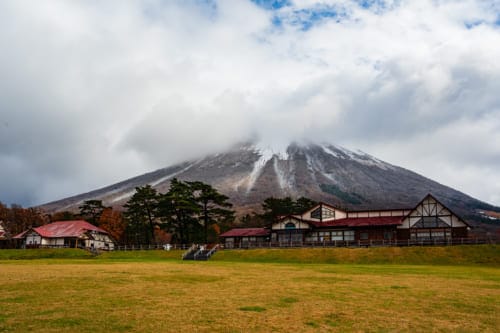
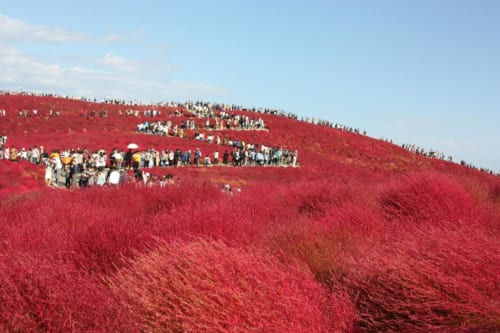


No Comments yet!